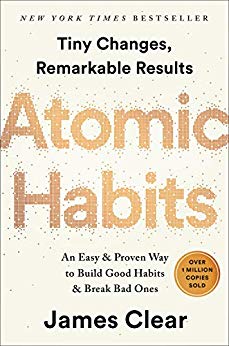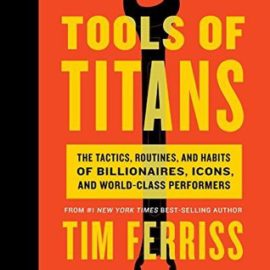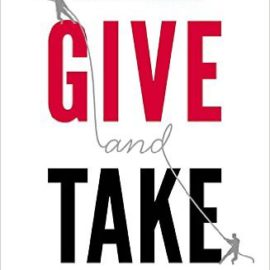
Want to learn the ideas in Atomic Habits better than ever? Read the world’s #1 book summary of Atomic Habits by James Clear here.
Read a brief 1-Page Summary or watch video summaries curated by our expert team. Note: this book guide is not affiliated with or endorsed by the publisher or author, and we always encourage you to purchase and read the full book.
Video Summaries of Atomic Habits
We’ve scoured the Internet for the very best videos on Atomic Habits, from high-quality videos summaries to interviews or commentary by James Clear.
1-Page Summary of Atomic Habits
Overview
If you want to build a new habit, such as meditating, try adding it on top of an existing one. For example, if you drink coffee every morning anyway, commit to meditating after your cup of coffee. This way you can take advantage of the momentum from an existing habit and make meditation a part of your daily routine.
What are habits? They’re behaviors we carry out without thinking about them, such as making coffee in the morning or brushing our teeth at night. Our daily routines are guided by these habits.
As a result, you may not realize how much power there is in habits. Habits can have a huge effect on people’s lives if they are repeated every day. So understanding and embracing habits is a great way to take control of your life and achieve more.
In this article, I will explain what habits are and how they’re formed. In addition, you’ll learn how to use them to change your life for the better.
The author explains why modern life makes it hard for us to form habits, how a cat in a box helped scientists understand this process, and what soap sales can tell us about building habits that stick.
Big Idea #1: Small habits can have a big impact on your life.
Imagine a plane taking off from Los Angeles to New York. If the pilot decided to change course by 3.5 degrees, it would make no difference in the cockpit but over time, it would be noticeable and confused passengers wouldn’t land in New York as planned.
We tend to think that if we do something small, it won’t make a big difference. However, the opposite is true: If you eat one slice of pizza today and then another tomorrow, you will have eaten two slices in just two days. Likewise, if you jog for 20 minutes every day for a year, you’ll be fitter than before even though there might not be any noticeable change from day to day.
If you want to make a positive change in your life, be patient and confident that your habits are helping you achieve your goals—even if they aren’t producing immediate results.
If you’re not getting the results that you want, try to look at your trajectory and see if it’s on track. If you are saving money each month, then that’s a good sign. Even if your bank account balance isn’t increasing right now, keep going in this direction for a few months or years and things will improve. A person who spends more than he earns every month might not be worried about his bank statement from one month to the next but eventually those bad habits will catch up with him.
The key to making big changes in your life doesn’t have to involve a lot of effort. You don’t need to completely change who you are; just make small improvements, which will eventually become habits.
Big Idea #2: Habits are behaviors we have learned from experience.
When you enter a dark room, you instinctively turn on the light. That’s because it’s a habit that your brain has developed after repeated experiences of turning on lights in dark rooms. How do habits develop? Your brain learns how to respond to new situations by trial and error. In one famous experiment, cats were placed in a black box with no way out. They tried randomly pressing levers until they found one that opened the door and let them escape from the box.
Thorndike then put the cats back in the box and repeated the experiment. His findings? Well, after a few times getting out of the box, each cat learned to get out quickly by going straight for the lever. After 30 attempts or so, they could escape in just 6 seconds on average. In other words, getting out of boxes had become habitual.
Thorndike discovered that when behaviors are rewarded, they tend to be repeated until they become automatic.






